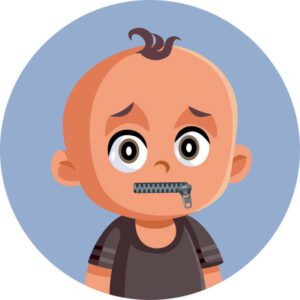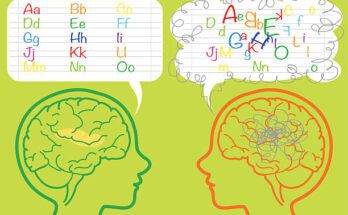It’s common for young toddlers gaining language skills to occasionally struggle with pronouncing words correctly. That is a step in the educational process. Over time, their verbal abilities improve. At every age, they develop a certain set of words and sounds. Most toddlers learn how to grasp all word sounds by the age of eight. However, some kids struggle with speech disorders. This indicates that toddlers continue to have speech difficulties after reaching the usual age. It may be challenging to grasp what a toddler is attempting to communicate as a result. It might be challenging for kids with speech difficulties to produce the spoken sounds or string sentences together. Most speech impairments have unidentified origins.

Common toddler speech disorders are as follows:
-
Disorder of Articulation:
A speech sound problem known as articulation disorder affects a child’s ability to produce specific sounds appropriately. During speaking, sounds may be missing or changed incorrectly. A toddler may incorrectly add sounds to words or swap sounds.
As they start to talk, young children frequently have articulation problems, but at a certain age, it is assumed that they would “grow out of it.” A kid has an articulation disorder if the mistakes continue past the typical developmental age, which varies according on the sound. When a toddler cannot pronounce the R sound or the S sound correctly, they are both considered to have articulation difficulties.
-
Speech Apraxia:
Apraxia of speech is a communication problem that affects the motor commands the system sends to create speech. When producing speech, it can be extremely challenging to create and sequence sounds. The region of the toddler’s brain that regulates the action of the muscle needed to generate the sound isn’t functioning properly. As a result, there are issues with rhythm, emphasis during speaking, intonation, and articulation. Apraxia of speech can be brought on by a brain condition or trauma, and it can also appear in infants.

(Photo from istock)
-
Stutter:
Speech is stuttered when there are unintentional repeats, prolongations of sounds, and hesitations or pauses before speaking. Stuttering can be acquired as a result of brain damage or it can be developmental, starting during the early stages of learning to speak.
The precise reasons why a toddler stutters are unknown. Although the precise genetic cause has not yet been identified, it is thought to have a genetic foundation. Three times as likely to stammer as children without relatives. Additionally, stuttering is more common in toddlers with congenital diseases like cerebral palsy. The actual production of the sounds is usually not a problem for a toddler who stutters; anxiety and stress are common causes of stuttering. Stuttering is unpredictable, thus if the speaker is not tense when speaking, it might not interfere with their speech.
If your toddler develops any of these symptoms, we advise you to take them to your physician and start them on a successful speech therapy treatment plan.
-
References:
Take a look on reasons why children develop Learning Disabilities, click on the link below:
https://theperfectblogger.com/reasons-of-learning-disabilities-in-children/





One Comment on “Speech Disorders in Toddlers”